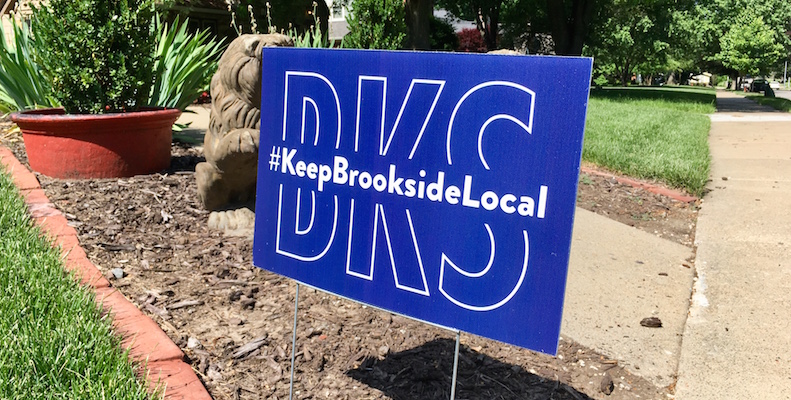1. Define your Charitable Intent
What kind of giving matters most to you?
How will your money be used?
2. How to Contribute to the Cause
Non-cash gifts can support community needs
Local giving presents opportunities for impact
3. Finding and Vetting a Charitable Organization
Finding a charitable organization
Researching and vetting a charity
Whether an organization is local or international, always check to see how your donations will be used. All charities have expenses and that’s okay, but it’s helpful to know how much of your donation goes toward administrative expenses and fundraising, and how much actually reaches the people or cause the charity serves. Organizations like GuideStar, CharityWatch, and Charity Navigator each rate charities on certain criteria and provide useful information when vetting a charitable organization. And at very least, you should check the IRS (Tax-Exempt Organization Search) to confirm an organizations not-for-profit status before making a donation.
It’s also important to note that just because a charity is local doesn’t mean it uses its money wisely or efficiently. Some small organizations may be trying to duplicate what an older or larger organization can do more efficiently. Sometimes local organizations are run by people who are well-meaning, but who may not have the skills or contacts to make the best use of donations.
Giving isn’t entirely selfless… it feels good too! Giving locally can be a good way to maximize the impact of your donation and to see your dollars in action in your community.At the end of the day, giving is an individual decision. Choose the level and type of giving that fits best for you.There are many worthwhile organizations, and you can’t possibly give to them all. Don’t waste energy feeling guilty about the ones you skip. Instead, appreciate the giving you do in your own way, and let it add joy and satisfaction to your life.
